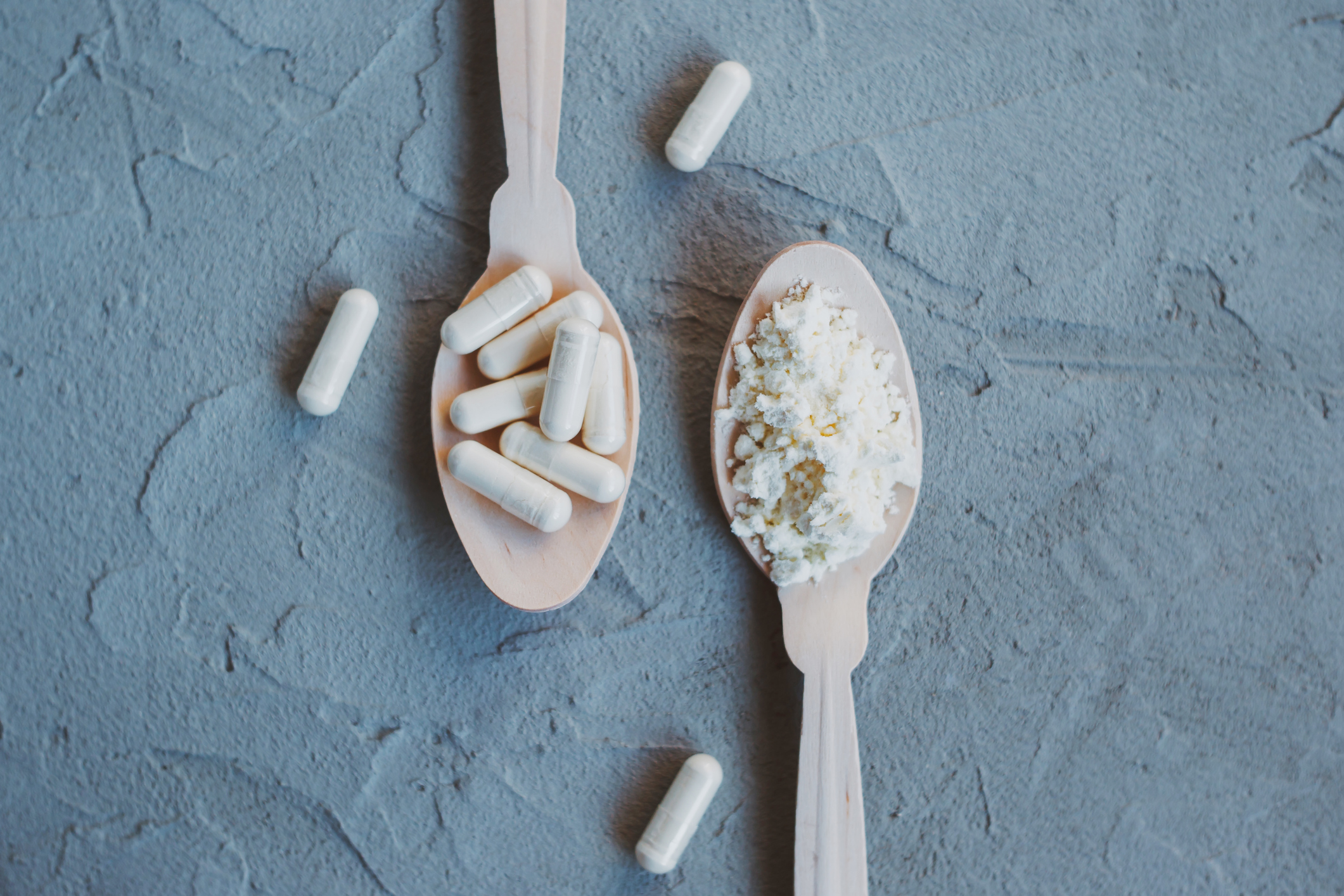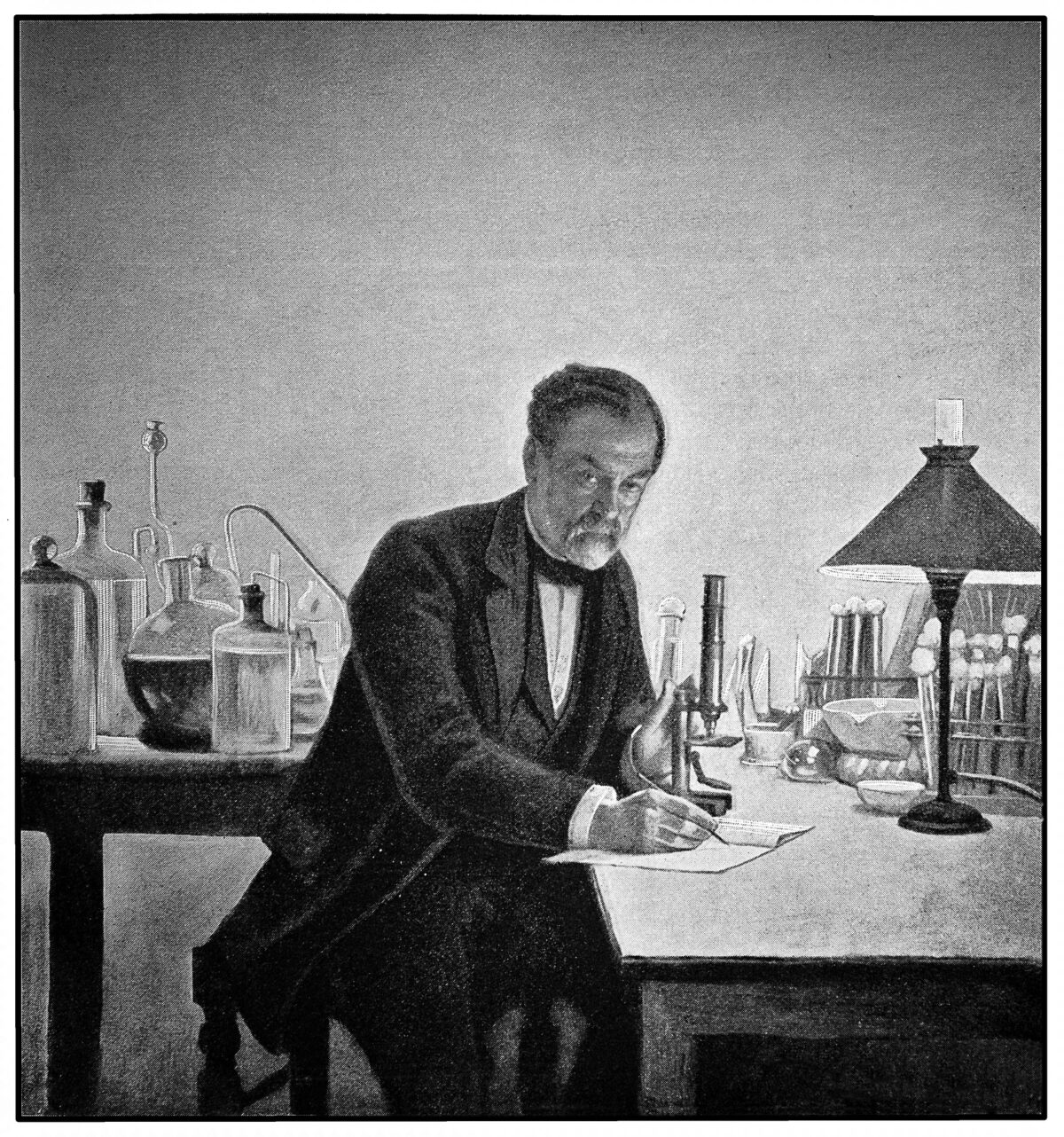What is collagen, and what is it good for?

Collagen and its link to health and more specifically, ageing has been trending for years. You’ll find a broad range of powders, pills and supplements available on the market purporting to reduce the signs of ageing, along with strengthening bones and muscle.
“We have seen rapid growth in the popularity of collagen in the last two to three years. Part of this is because of a demand for holistic health and beauty, self care has also contributed. Collagen plays a much bigger role in keto and sports nutrition products, as a replacement for whey.”
So, what is collagen and why is it important? Let’s take a look.
What is collagen made of and why is it important?
In its most basic definition, collagen is a type of protein, the most abundant kind of structural protein found in animals. A structural protein is a kind that makes up the framework of your cells and tissues – a crucial factor in the creation of new skin cells and the like.
Type I collagen accounts for 90% of the collagen found within the human body, although there are 28 known kinds of collagen in the world. The protein is mainly composed of three kinds of amino acids: glycine, proline, and hydroxyproline, and they work to create the characteristic triple-helix structure of collagen.
So, where is collagen usually found? It is typically found within connective tissues, skin, tendons, bones, and cartilage – providing structural support to tissues and playing a crucial role in certain cellular processes like:
- The repair of tissues
- Immune response
- Communication between cells
- Cellular migration which aids tissue maintenance
A certain kind of connective tissue cell, known as fibroblasts, also works to produce and maintain collagen within the human body. As you age, collagen can become fragmented which can impair the function of these fibroblasts and slow the production of collagen. This, along with the loss of skin elasticity in the human body, is a primary cause of signs of ageing like wrinkles and saggy skin.
“Self-care is huge, growing especially during lockdown. Collagen fits really nicely into that space, consumers understand that beauty comes from within so they are interested in supplements that contain collagen. Healthy ageing is also a huge interest for consumers – rather than stopping aging, it’s about promoting the best parts of yourself as we get older, and collagen can support a graceful and healthy aging process”
What is collagen good for?
Although the human body naturally produces collagen, you can consume it through dietary sources like chicken and fish skin, by taking pill-form collagen supplements or by adding collagen powder to your favourite foods and drinks.
One popular use of collagen outside of diet is for beauty products. This includes certain face creams, which are marketed as being able to treat the most prominent signs of ageing: wrinkles and loss of skin hydration.
“Dietary supplements that contain 2 grams of biocell collagen promote joint comfort, mobility, cartilage health, synovial fluid. It also helps with a reduction in facial lines and wrinkles, crows feet, improvement in skin elasticity, reduction in skin dryness, and a boost in collagen hyaluronic acid. ”
In the healthcare field, use of collagen and collagen-based materials can be used to effectively treat wounds, burns, diabetic ulcers, and more, as the protein helps to promote efficient and effective healing after these kinds of injuries occur.
Primary causes of collagen loss
Did you know that your collagen production naturally declines as you get older?
During the ageing process, collagen fragments, and becomes more loosely distributed, which will lead to the most characteristic signs of ageing, like wrinkles, sagging skin, and less moisture in your skin, being more prominent. A reduction of bone strength will occur, too, because the skeletal system also decreases with age.
Although collagen loss is an inevitable part of growing older, certain lifestyle factors and diets can accelerate the process. These factors include choices like sun exposure, smoking, excessive drinking, and a high added sugar or ultra-processed diet. All of these factors can degrade collagen, leading to premature ageing with the appearance of:
- Wrinkles
- Skin ageing
- Damage of skin repair mechanisms
Glycation, where there is a reduction in collagen turnover and prevention of collagen being able to interact with cells and proteins, can also occur. In order to prevent these symptoms from being more prominent as you age, some of the best things you can do are to never smoke, reduce your intake of alcohol, wear sunscreen daily and avoid excessive sun exposure.
What is collagen in?
Collagen is in all animals and can be found in more concentrated forms in certain parts, such as the skin and joints. Here are a few examples of foods rich in the protein:
- Bones, skin, and the ligaments of animals. These products include things like chicken skin, and pig knuckles
- Certain types of seafood, including fish skin and even jellyfish
- Products made from animal parts, like bones and ligaments, including bone broth
Your body naturally produces collagen from amino acids, and you can support your body’s natural production of collagen by including adequate amounts of protein in your diet: this includes poultry, fish, beans, and eggs.
Amino acids aren’t the only thing your body needs for the production of collagen. Vitamin C, which is found in high amounts in citrus fruits, peppers, greens, and berries is also necessary for collagen synthesis. Certain plant compounds aid with collagen production, too, and these compounds can help to improve the health of your skin by reducing any inflammation and preventing collagen degradation from occurring in the first place.
“Research shows that collagen has the ability to stimulate the body’s own collagen production. This is done in two ways. Firstly, hydrolyzed collagen provides amino acids lysine, glycine, and proline which are the building blocks for collagen, secondly, collagen helps to bind to receptors on fibroblasts – a specialised skin cell which produces collagen.”
How to prevent collagen loss
While it is all but impossible to prevent age-related collagen loss completely, it is possible to slow the process down with certain lifestyle and diet factors.
As we’ve mentioned above, diet and certain lifestyle factors will affect your body’s production of collagen. This includes smoking cigarettes, drinking excessive amounts of alcohol, and having a diet that is rich in highly processed foods and sugar.
In order to delay the age-related changes in your body’s natural collagen production, an avoidance of the above, as well as leading a healthy lifestyle, will help to support collagen maintenance. This will benefit your overall skin health while reducing the primary signs of ageing: such as wrinkles.
A diet low in compounds called advanced glycation end products (AGEs) may promote skin health even further. AGEs are toxins that accumulate in the skin which can actually cause collagen to stiffen, even going so far as to inactivate the proteins responsible for the repair of collagen in your body. These toxins can be found in high concentrations in processed meat products, like hot dogs and bacon, fried foods like fried chicken and french fries, and even in roasted and grilled meats.
Additionally, a healthy diet that contains high quality protein and plant-based foods, like fruits and vegetables may help to protect your natural collagen stores and prevent damage and loss of collagen. This is because these foods actually contain collagen-supportive and protective nutrients.








